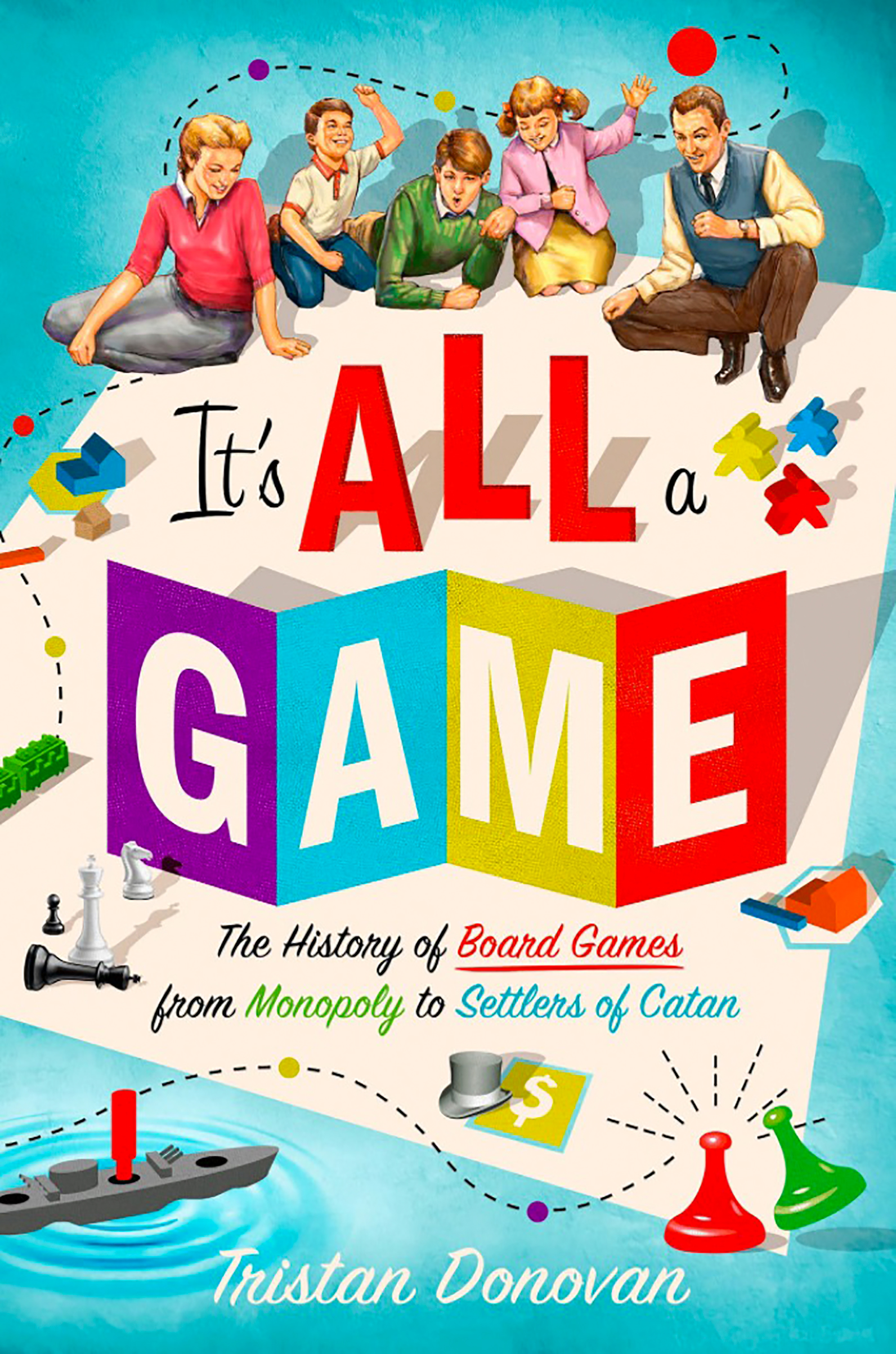
Board games tend to feel timeless. But as Tristan Donovan argues in his new book, It’s All a Game, the ways board games evolve reflect the values of the time. Consider the game of Life, which began in 1860 “as a thinly disguised Sunday school sermon,” Donovan writes, with spaces on the board promoting virtues and punishing vices. A century later, as American industry boomed, it was remarketed with a capitalistic message.
By the 1990s, the financial side still mattered, but the introduction of “Life Tiles” rewarded more intangible accomplishments. Games of the 1960s like Twister revealed changing sexual attitudes, while the German game Settlers of Catan (introduced six years after the fall of the Berlin Wall) valued open trade over command and control. “Wherever the future takes us,” Donovan writes, “board games will be there, mirroring our choices and our attitudes on paper and cardboard.”
More Must-Reads From TIME
- The 100 Most Influential People of 2024
- The Revolution of Yulia Navalnaya
- 6 Compliments That Land Every Time
- What's the Deal With the Bitcoin Halving?
- If You're Dating Right Now , You're Brave: Column
- The AI That Could Heal a Divided Internet
- Fallout Is a Brilliant Model for the Future of Video Game Adaptations
- Want Weekly Recs on What to Watch, Read, and More? Sign Up for Worth Your Time
Contact us at letters@time.com